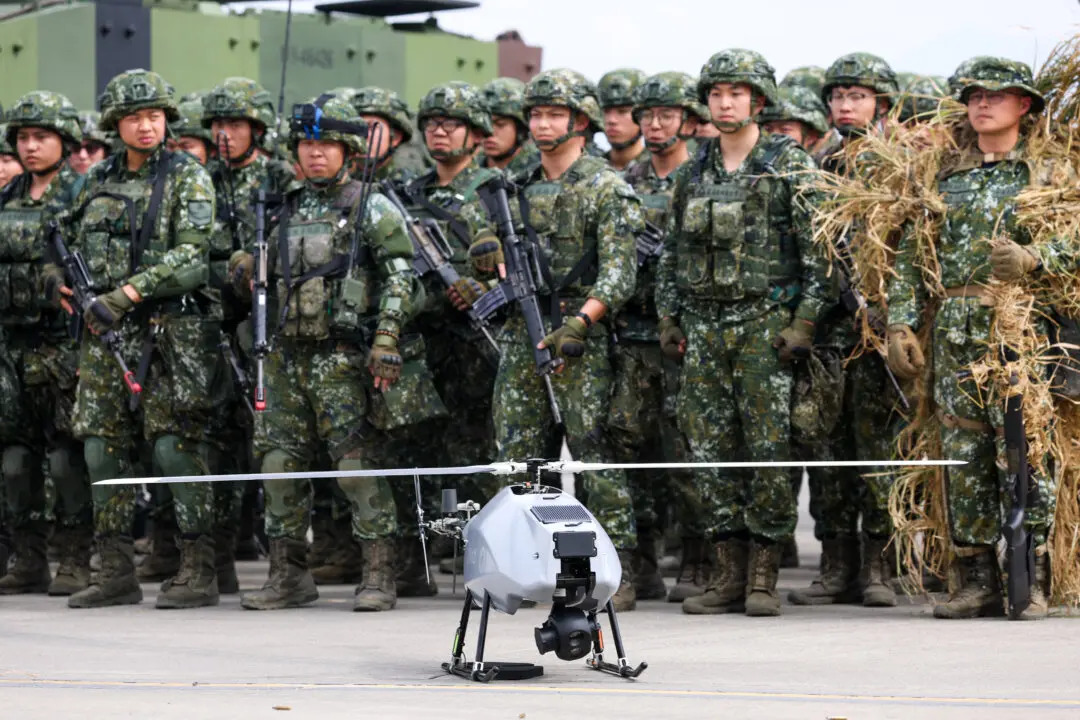Republican members of the House Intelligence Committee believe it to be more likely that the CCP virus originated within a Chinese laboratory than from an animal, according to their interim report published on May 19.
“There is overwhelming circumstantial evidence ... to support a lab leak as the origination of COVID-19,” stated the report, which was led by Rep. Devin Nunes (R-Calif.), the ranking member on the committee. “By contrast, little circumstantial evidence has emerged to support the PRC’s [People’s Republic of China] claim that COVID-19 was a natural occurrence, having jumped from some other species to humans.”





